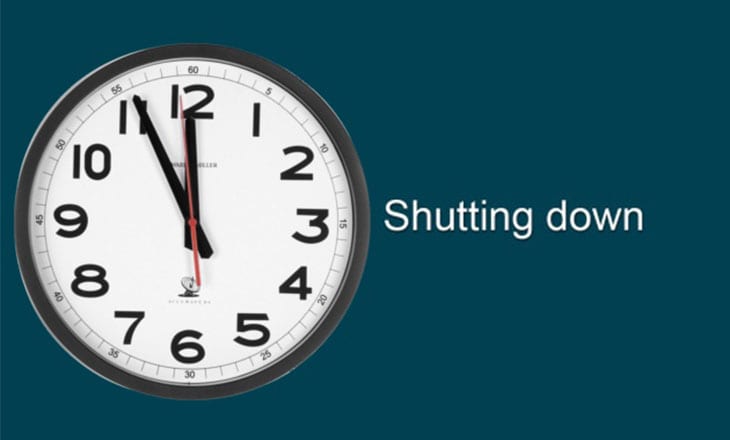Open competition among forex brokers within the Russian Federation no longer exists. In a surprise move, the Russian Central Bank (CBR) has revoked the operating licenses of five foreign-based forex brokers due to “the repeated violations of the requirements of the Russian legislation on securities within one year.”
New legislation passed a few years back required that all forex brokers operating within the country were required to apply for a license. Only nine licenses had been granted, one as late as a week before this announcement. That license was on behalf of Alpha-Forex, a subsidiary of a local bank. The firms, whose licenses will now expire on the 27th of January, are
- Forex Club,
- Alpari Forex,
- Trust Forex,
- InstaForex, and
- TeleTrade.
The latter company, TeleTrade, had weathered an attack by the Russian regulator back in mid-2017, but it appears that it has accepted its new fate. In a statement to clients, it announced:
In accordance with the requirements of the current legislation, Teletrade Group LLC is obliged to terminate professional activities in the securities market, with the exception of actions related to the termination of obligations to customers arising from professional activities in the securities market. In this regard, we have stopped opening new accounts and accepting funds, as well as executing orders for new deals in the market. We continue to accept instructions for closing open positions and withdrawing funds in the same order in accordance with current legislation.
Alpari Forex, however, is not taking this revocation lying down. In its statement to clients, it remarked that it is prepared to go to court:
Until now, Alpari Forex, which is the Russian legal entity for the Alpari brand, has not received any official notification from the Russian regulator about the revocation of the license, and continues to serve clients in full compliance with Russian legislation. Upon receipt of the notification, the Russian legal entity will act in full compliance with the legislation of [Russia] and will appeal the decision of the regulator in a manner prescribed by law.
Larisa Selyutina, CBR’s Head of Securities Market and Commodity Market Department, responded on behalf of the central bank that these changes would have little impact:
There are not so many direct customers of the companies under our supervision — 2,000 clients in total. Out of them, no more than 470 are active, those who [have] made at least one deal within a month.
Another reporter noted that:
There are about 200 unlicensed companies that offer Forex services to Russian clients. These companies usually operate offshore. The total number of Russian clients trading through platforms of brokers that do not have licenses issued by the Bank of Russia is around 500,000.” The mindset of many Russians abhors giving its trust freely to local regulatory or government institutions.
Russian authorities have been slow to open the forex floodgates for trading foreign currencies. Fraud has been a problem, especially with binary options. Debates surrounding cryptocurrencies are still ongoing. When licensing became a prerequisite, the Bank of Russia had requested the blocking of 130 websites for foreign brokers that had yet to apply for a license. The law also expressly required a physical presence in Russia, along with capital and compensation fund deposits.
It has often been said that actions within an authoritarian regime typically favor local special interests. The CBR has ostensibly favored local banks and their forex subsidiaries, but foreign-based solicitations may still be an ongoing issue.
